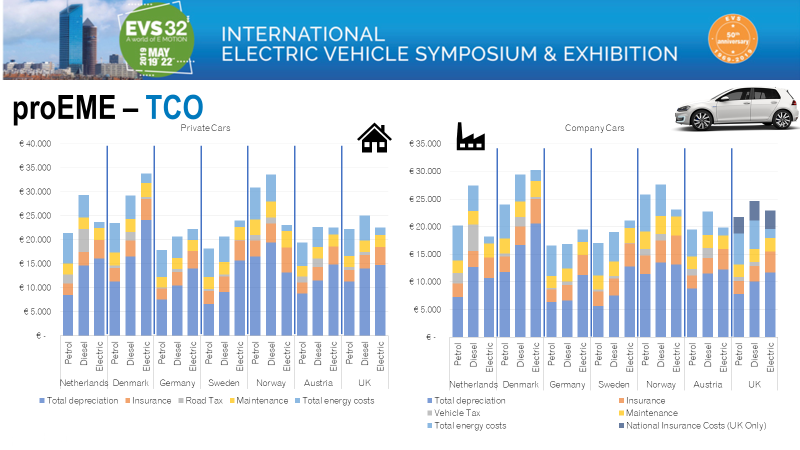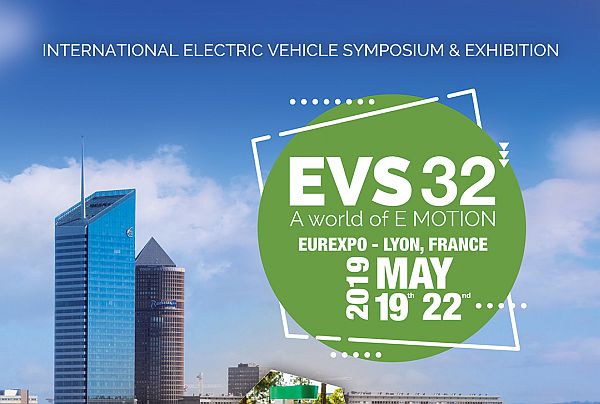It is a question which a lot of policy makes are asking themselves: What is the effectiveness of governmental incentives for stimulating BEV uptake, and what works best?
FIER and the University of Twente (both partners in proEME) teamed up to work on the analyses of effectiveness of EV incentives. Based on the first results we can already conclude that there is stronger differentiation, between countries with incentives which actually create favourable TCO’s and purchase prices difference for BEVs versus ICE’s.
The effect of incentives is visible in most countries, but at the same time, the relative growth in sales of EV’s is still limited. It doesn’t matter how good the incentives are, if the buyers do not understand it or if the incentives are not consistent and there is no long-term-policy about the advantages the effect will be minimal. Purchase subsidies and lowering purchase tax are powerful incentives, but a powerful, large, visible and general policy aimed at advantages of EV’s consisting different types of priorities (road use, parking) can play an important role in the accelerated uptake of sales of EV’s. Independent how good purchase incentives are, their impact very much depends on the BEV availability as well.
| www.evs32.org |


